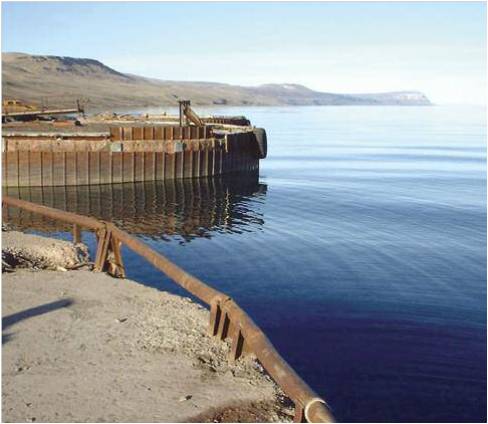Whether this can be blamed on the Trump administration is an open question, but the geopolitical pattern is definitely changing this year. Turkey and Saudi Arabia have both announced that they are purchasing Russian S-400 air defence systems. Turkey is a member of NATO so this is awkward for alliance interoperability, and Saudi Arabia is a longstanding US ally which in the past has bought American weaponry. Warmer relations between Saudi Arabia and Russia, with the first ever visit of the Saudi King to Russia on 5 October, could fundamentally reshape relations in the Middle East. Russia is building a naval base in Kaspyisk on the Caspian Sea which will help it to play a bigger role in Central Asia and the Middle East. The rift between the Saudi-led coalition and Qatar is also difficult for the United States as it is a long-time ally with them both, and has major defence ties with them. The American antipathy to Iran is a puzzle to many, and it is problematic if Qatar draws closer to Iran as a result of its isolation by Saudi Arabia, and/or if Iran turns to China. The fact that China recently established a naval base in Djibouti makes life in the Middle East even more interesting. As well, China is increasingly friendly with Pakistan, a long-time (theoretical) ally of the United States. This isn’t the end of it. In Asia, the Philippines, another long-time ally of the United States, has become more friendly with China, whereas Vietnam, has turned in the opposite direction from China toward the United States. Who knows, if the NAFTA talks continue to go nowhere, maybe Canada and Mexico will look around too.


